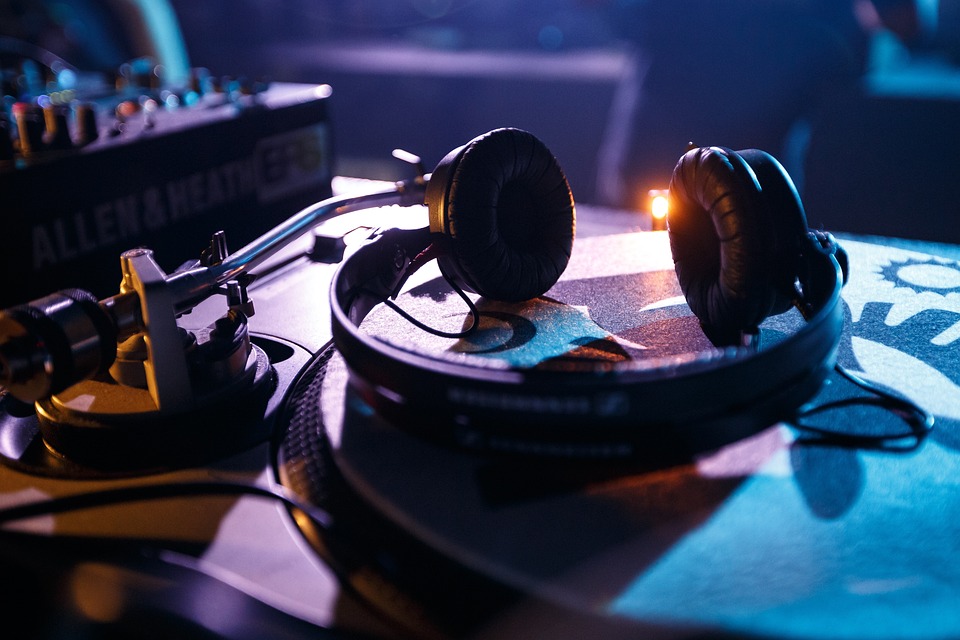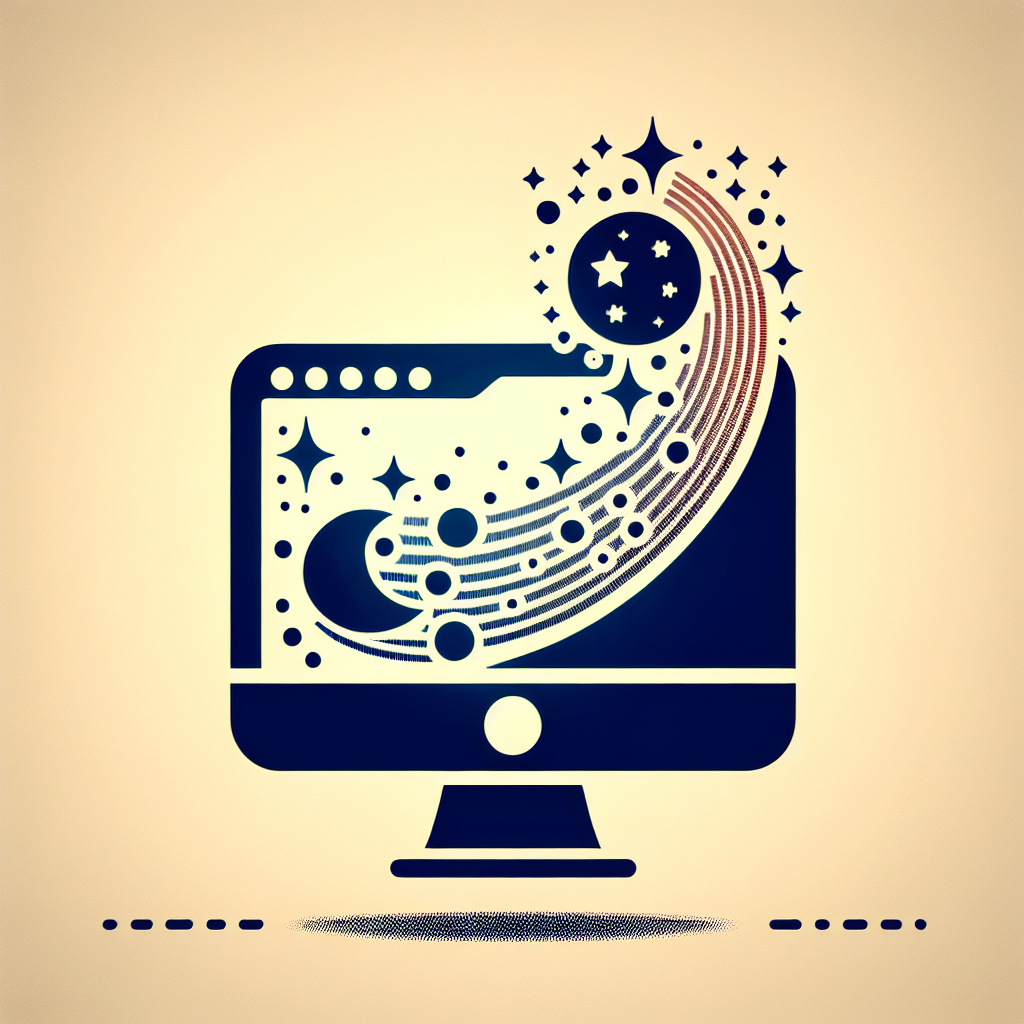Landr is a popular platform that offers music creation, mastering, and distribution services. As a musician, it’s essential to understand how copyright policies on platforms like Landr affect your rights and the ownership of your songs. This article delves into Landr’s copyright policies, helping you navigate the complexities of music rights.
What is Copyright in Music?
Copyright is a legal term that gives creators exclusive rights to their original works. In the context of music, this means that when you write a song, you automatically hold the copyright to that piece. This copyright covers various aspects, including the melody, lyrics, and arrangements. It allows you to control how others use your music, ensuring that you receive recognition and compensation for your efforts.
Understanding copyright is critical for musicians, especially in the digital age where music can be easily shared and distributed. Copyright protects your work from unauthorized use, meaning you can prevent others from reproducing, distributing, or performing your songs without your permission. This protection lasts for a specific period, usually the life of the creator plus an additional number of years, depending on the jurisdiction.
Overview of Landr’s Services
Landr provides a comprehensive suite of tools for musicians, including music mastering, distribution, and collaboration features. Their mastering service uses advanced algorithms to enhance the quality of your tracks, making them sound professional. Additionally, Landr offers a platform for distributing your music to major streaming services, ensuring that your songs reach a wide audience.
While Landr provides valuable services for artists, understanding how these services interact with copyright law is vital. The way you upload and share your music can impact your ownership rights and how your music is protected legally. Therefore, it’s important to be informed about the policies that govern your rights as a creator when using Landr’s services.
Landr’s Copyright Policies Explained
When you use Landr, it’s crucial to familiarize yourself with their copyright policies. Generally, the platform allows you to retain full ownership of your music. This means that any song you create and upload to Landr remains yours. You have the right to license, distribute, and monetize your music as you see fit.
However, it is important to read the fine print. While you retain ownership, you grant Landr certain rights to your songs, primarily for the purpose of providing their services. For instance, when you use their distribution feature, you may be granting them a license to distribute your music on various platforms. This license is typically non-exclusive, meaning you can still distribute your music through other channels without any conflict.
Impact of Landr on Your Copyright
Using Landr can significantly impact your copyright in both positive and negative ways. On the positive side, the platform helps you distribute your music widely, which can lead to increased exposure and potential revenue. By using Landr’s services, you can reach listeners who might not have discovered your music otherwise.
On the downside, artists need to be cautious about how they share their music on the platform. If you upload unfinished or demo versions of your songs, you risk having those versions circulated without your consent. Always ensure that you are comfortable with the versions of your music that you upload and distribute through Landr.
How to Protect Your Music on Landr
To safeguard your music while using Landr, it’s essential to take proactive measures. First, always register your songs with a copyright office in your country. This formal registration can provide you with legal backing in case of any disputes. Having a registered copyright proves your ownership and can help you claim damages if someone uses your music without permission.
Additionally, consider using digital rights management (DRM) tools when distributing your music. These tools can help prevent unauthorized copying and sharing of your work. Landr may offer some built-in protections, but it’s good practice to layer your security measures. Lastly, keep detailed records of your work, including drafts, recordings, and communications regarding your music. This documentation can be invaluable in proving ownership if necessary.
Licensing Your Music Through Landr
Licensing is a critical aspect of music copyright that can create revenue streams for artists. When you use Landr to distribute your music, you have the option to license your tracks for various uses, such as synchronization in films, TV shows, or advertisements. Licensing your music can lead to significant income, but understanding the terms is crucial.
When licensing your music through Landr, you can set the terms under which your music can be used. It’s important to be clear about the rights you are granting to others. For example, you might allow a filmmaker to use your song in a short film, while retaining the right to use it in other projects. Be sure to read all agreements carefully and consult with a legal expert if necessary to ensure you are making informed decisions.
Common Misconceptions About Copyright and Landr
There are several misconceptions surrounding copyright and online music platforms like Landr. One common myth is that uploading music to Landr automatically registers your copyright. While uploading your music provides you with some protection, it does not constitute formal copyright registration. You still need to register your work with the appropriate copyright office to enjoy full legal benefits.
Another misconception is that using Landr’s services means you lose control over your music. This is not the case; you retain ownership and control over your songs. However, it’s essential to understand the specific rights you grant to Landr when you use their services, to ensure you maintain the level of control you desire.
Conclusion
Understanding copyright policies is essential for musicians using platforms like Landr. While Landr provides valuable services for mastering and distributing music, it’s crucial to know how these services impact your rights as an artist. By retaining ownership of your music and being aware of the licenses you grant, you can protect your creative work effectively.
Taking steps to register your songs, using DRM tools, and clearly defining licensing terms can help ensure that you maintain control over your music. As the music industry continues to evolve, being informed about copyright will empower you as an artist to make the best decisions for your career.
FAQs
1. Do I own my music if I use Landr?
Yes, when you use Landr, you retain ownership of your music. Landr does not claim ownership but may require certain rights to provide their services, such as distribution.
2. How do I protect my music before uploading to Landr?
Before uploading your music, consider registering it with a copyright office. Keeping detailed records of your work and using digital rights management tools can also help protect your music.
3. Can I license my music through Landr?
Yes, you can license your music through Landr. The platform allows you to set the terms for how your music can be used by others, which can generate additional income.
4. What happens if someone uses my music without permission?
If someone uses your music without permission, having a registered copyright can help you take legal action against them. Documenting your work and any unauthorized use is also crucial for your case.
5. Is it necessary to read the terms and agreements on Landr?
Absolutely. Reading the terms and agreements is essential to understanding what rights you are granting to Landr and how they may use your music. This knowledge helps you make informed decisions about your music.

